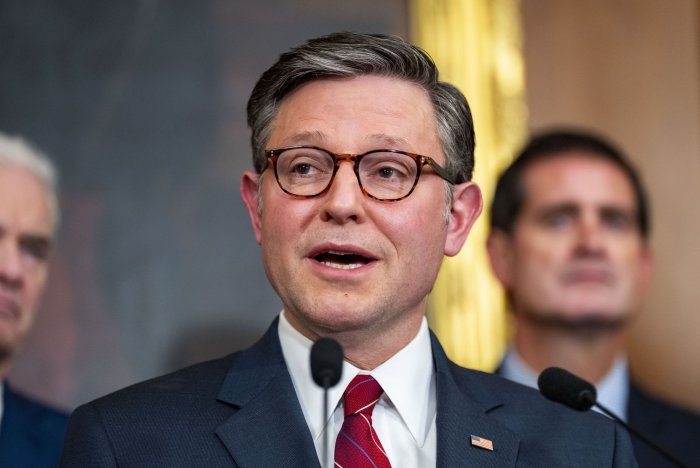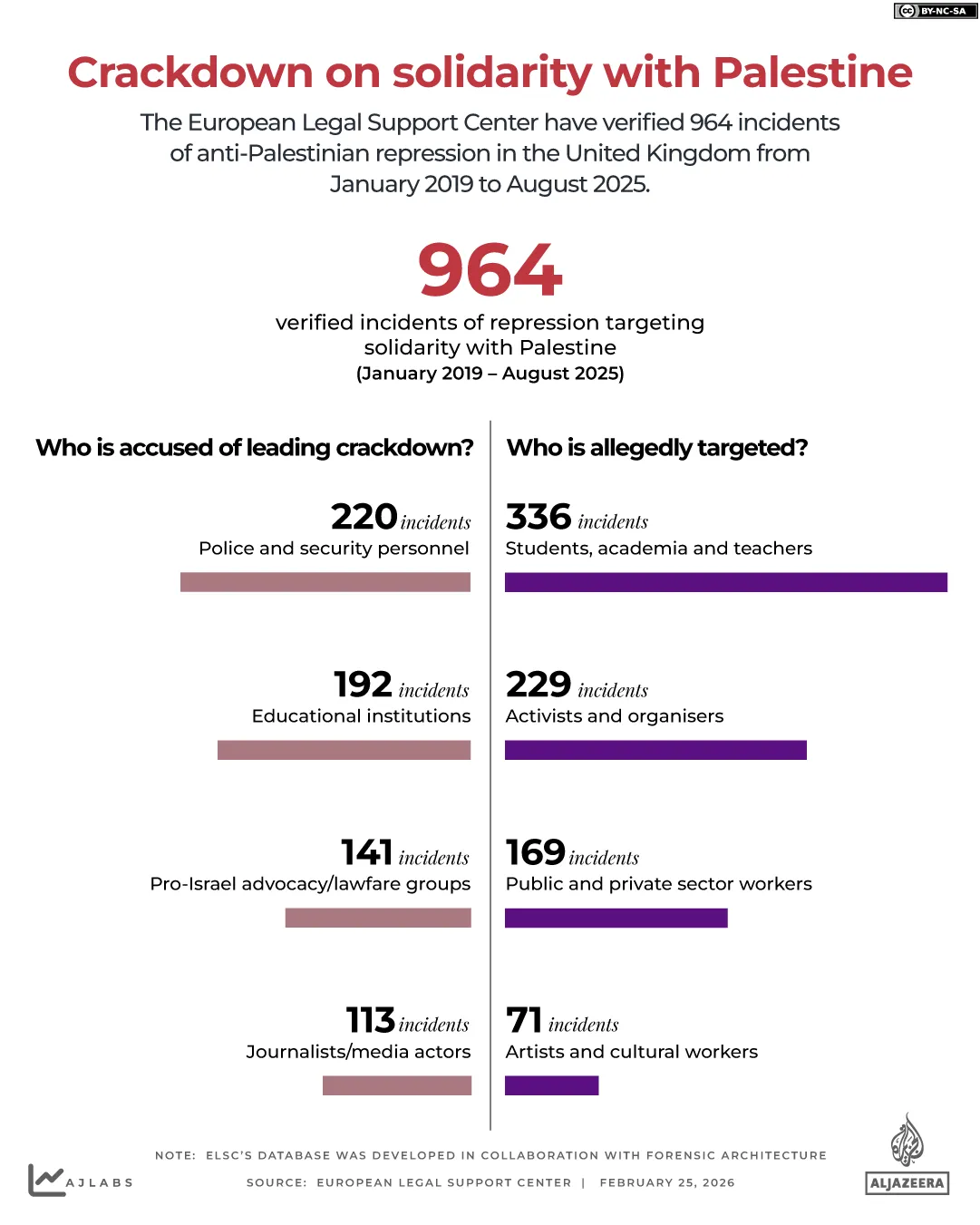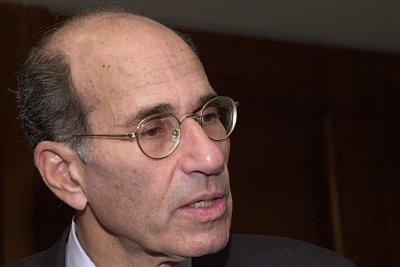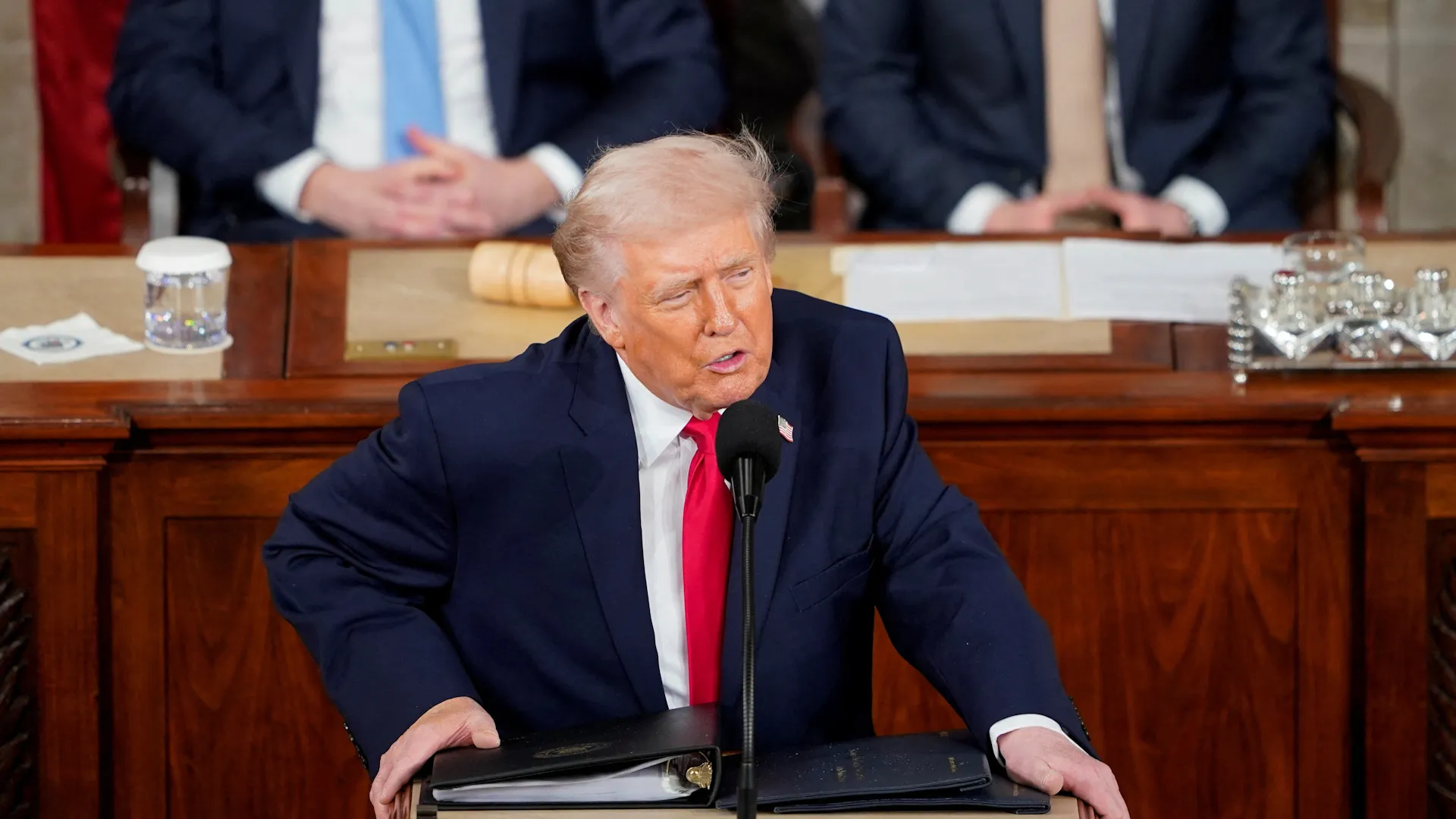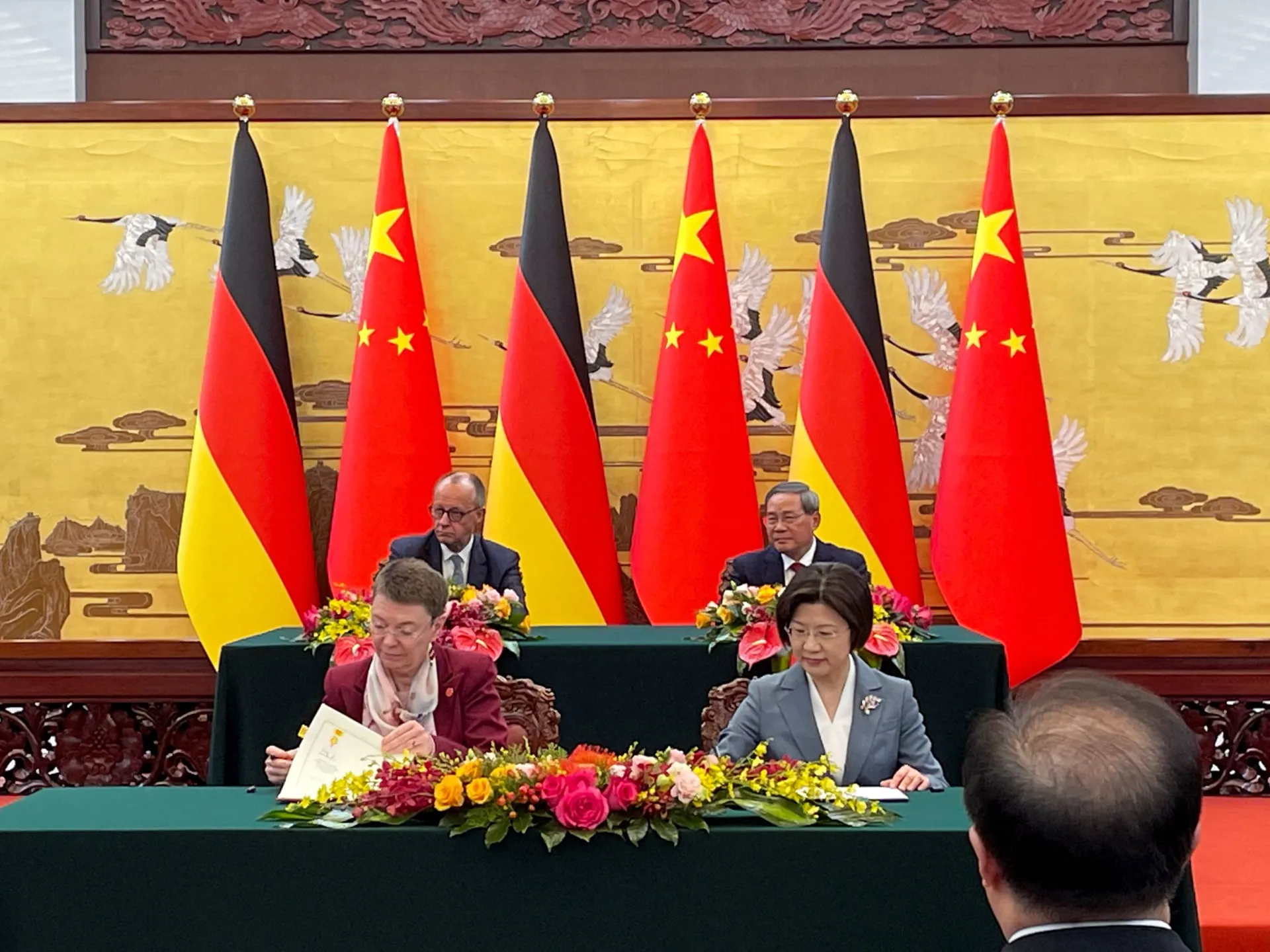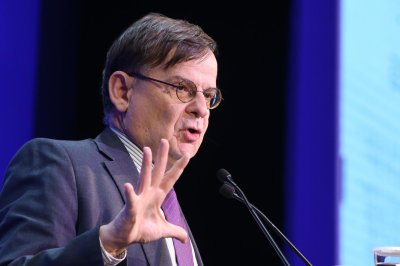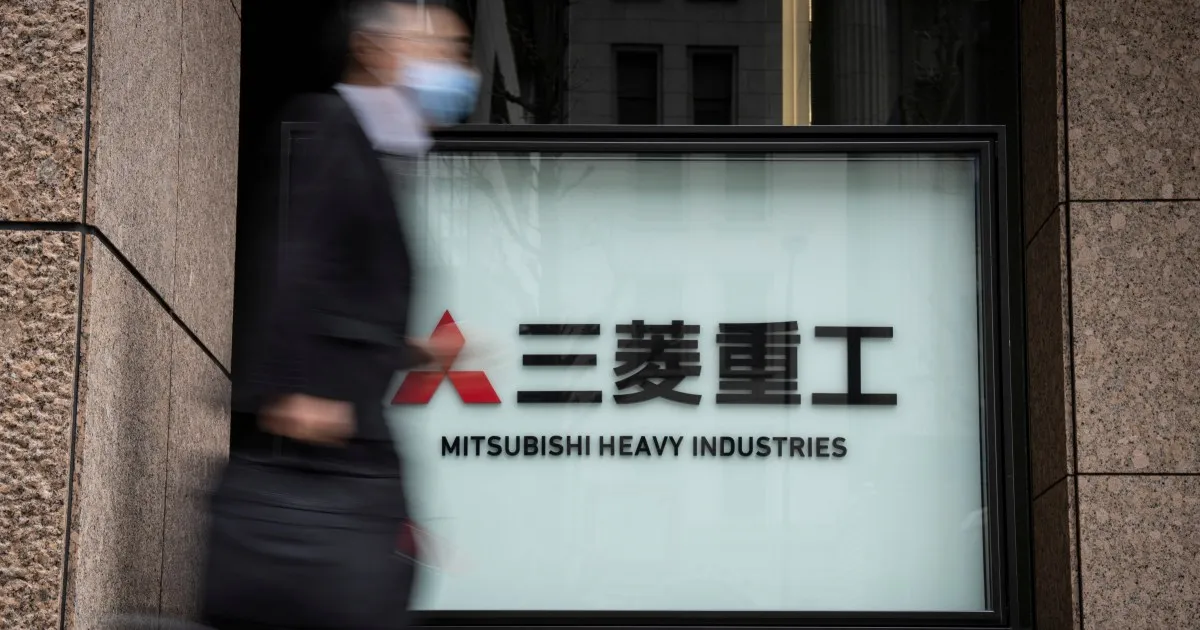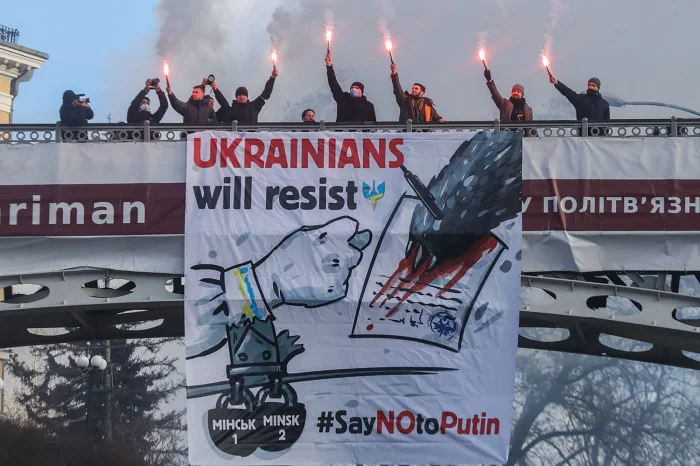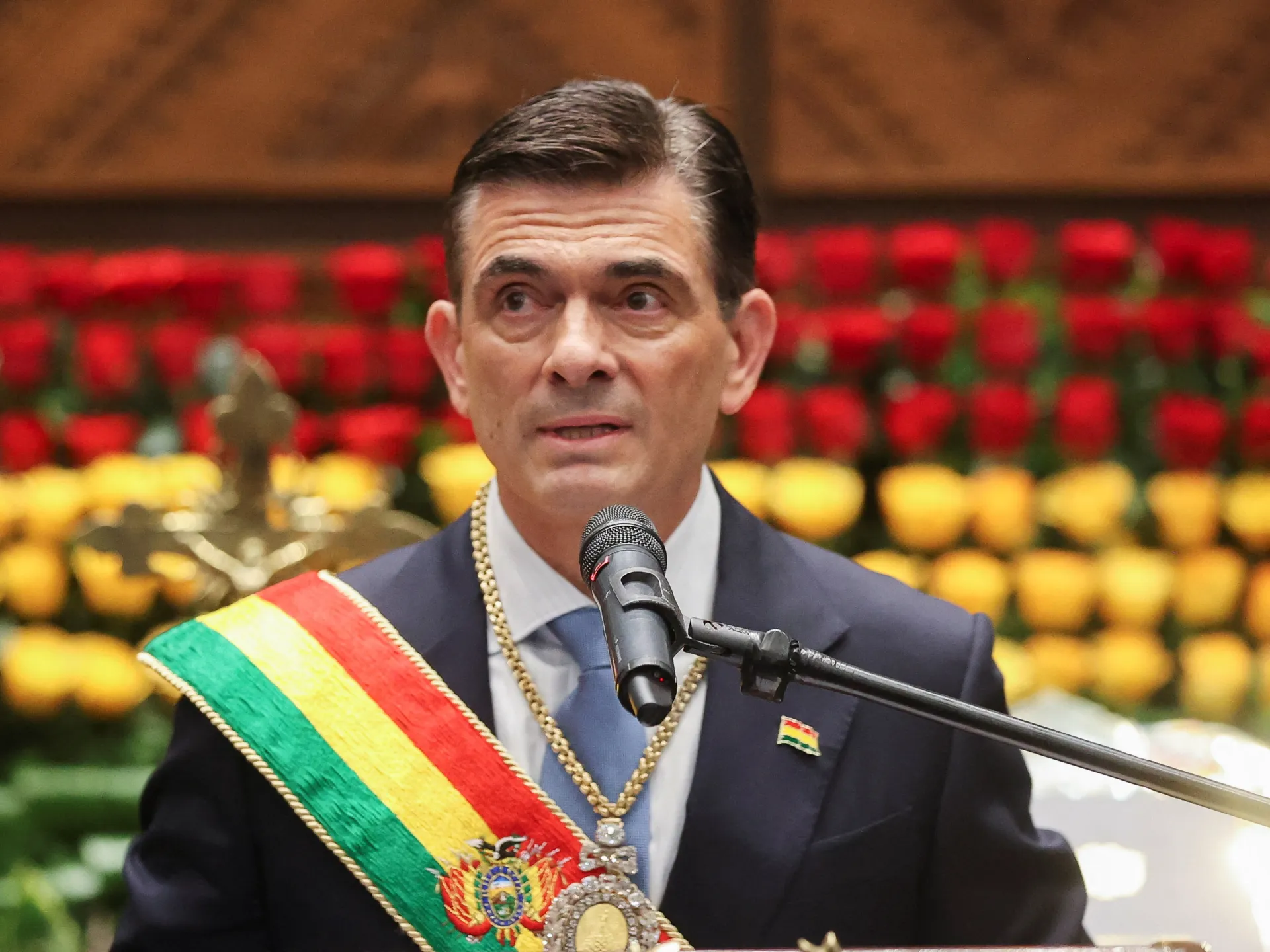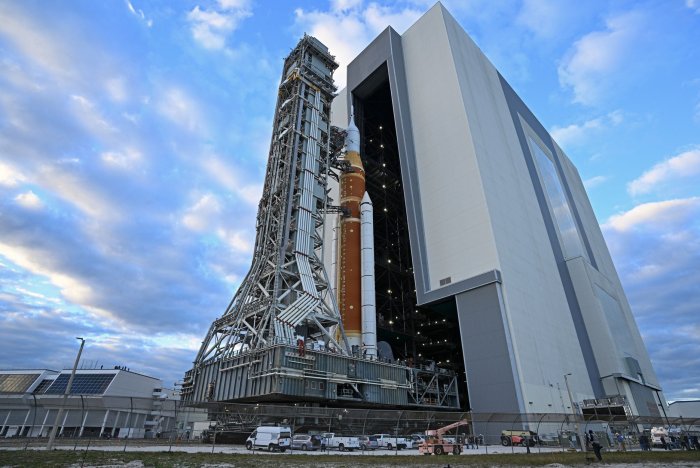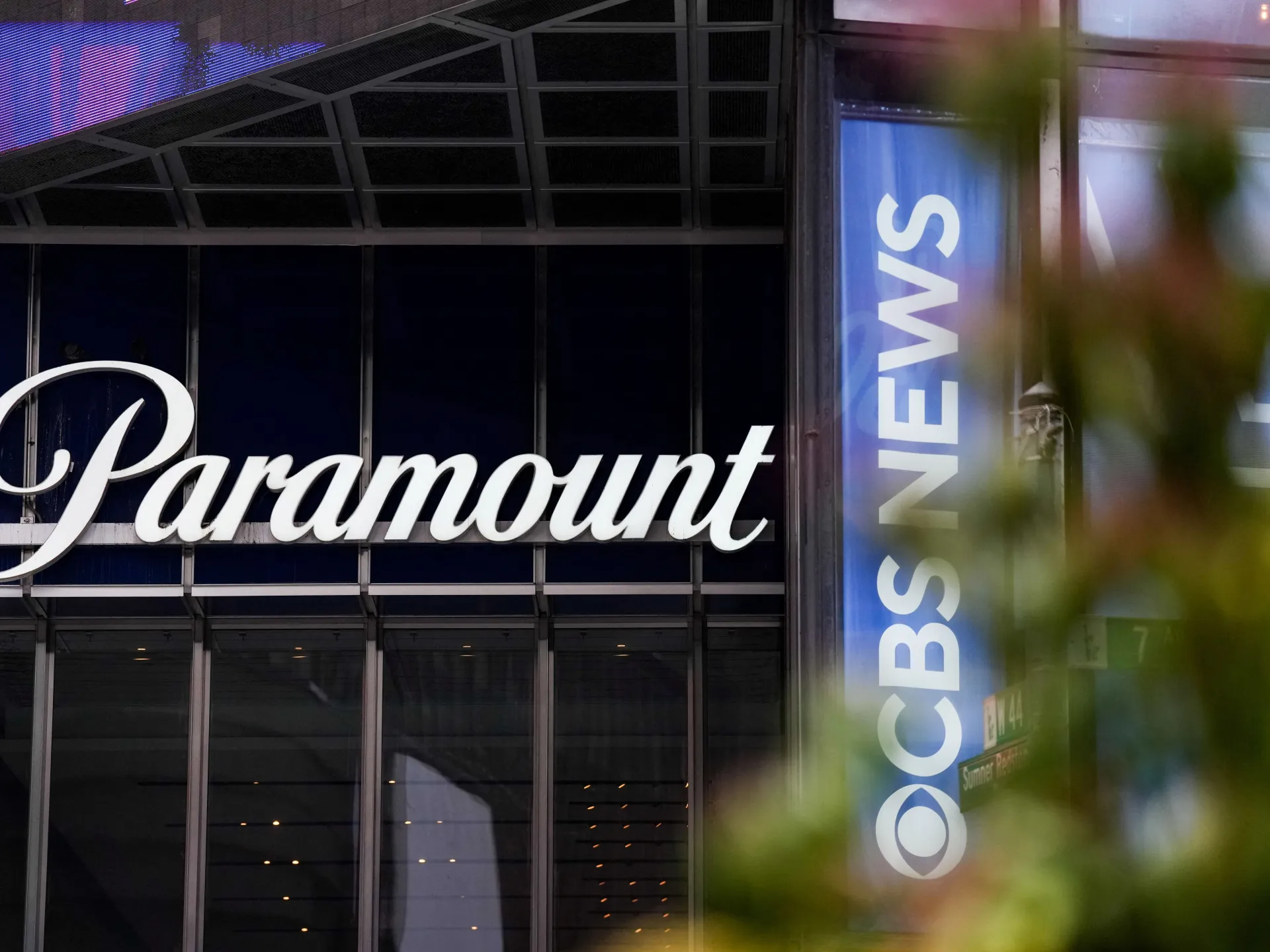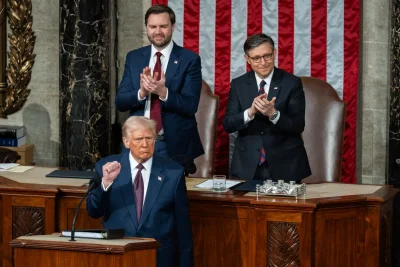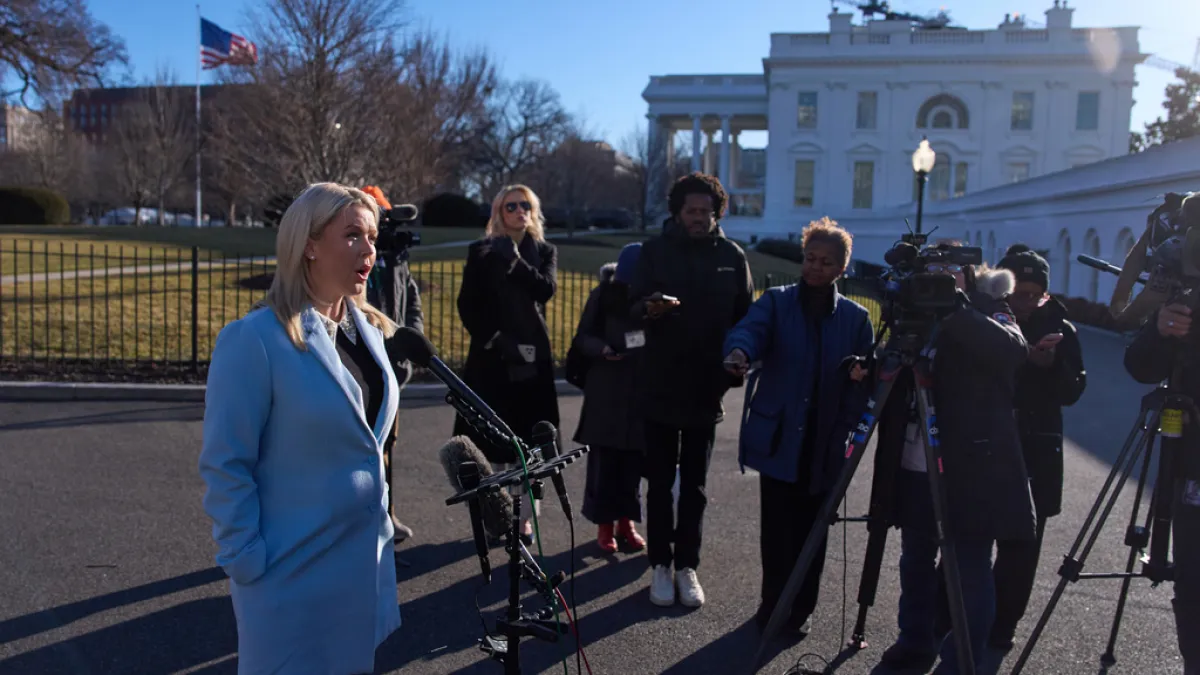Feb. 25 (UPI) — The Supreme Court‘s ruling to limit President Donald Trump‘s use of emergency powers to impose tariffs is forcing the administration to look to different statutory authorities to carry out its trade policy.
On Friday, the Supreme Court ruled that the president could not use the International Emergency Economic Powers Act to generate revenue through tariffs. While this caused Trump to seek another avenue to impose tariffs, landing on a global 15% rate through Section 122 of the Trade Act of 1974, his plans to use tariffs to negotiate trade deals have not changed.
The decision impacts a great deal of the tariffs Trump has enacted during his second term, Purba Mukerji, professor of economics at Connecticut College, told UPI. She said he has been using the IEEPA to give himself “flexibility” in trade negotiations since returning to the White House.
Trump expressed disappointment in the high court’s decision on Friday but Mukerji said it was expected by economists and is unlikely to disrupt the president’s broader economic policy. Tariffs on steel and aluminum, as well as those that target certain sectors, are likely to remain in place.
U.S. markets have not strongly reacted to the Supreme Court ruling in either direction. The Dow Jones Industrial Average fell by less than a point on Monday, only to rebound on Tuesday. The S&P 500 followed a similar path.
The yield on 10-year U.S. Treasury notes has reflected some uncertainty, though concerns about AI displacing workers, global tensions and broader trade concerns may be factors as well.
“For the business leaders who make decisions, for importers and exporters and foreign countries that are dealing with us in their trade negotiations, this is not a surprise,” Mukerji said. “So I don’t think there will be any long-lasting consequences of this particular Supreme Court ruling, except to put the whole trade negotiations and trade policy on much firmer footing.”
Consumers hoping to see prices come down are unlikely to see significant changes from the ruling either, Mukerji added.
“As far as consumer prices go, I am encouraged by the fact that we didn’t see the rise in consumer prices that was expected in all sectors coming out of tariffs,” she said. “I don’t expect that to be coming down in the future. I don’t think much will change on the ground.”
A study by the Federal Reserve Bank of New York published earlier this month reports that 94% of Trump’s tariffs imposed last year were paid by U.S. entities and consumers during the first eight months of 2025.
U.S. Customs and Border Protection reported in December that it had collected $200 billion in tariff revenue. The largest portion of tariffs collected was on imports from China, a report by the Federal Reserve Bank of Richmond said. The report is based on data from the U.S. Treasury Department and Census Bureau.
We Pay The Tariffs, a coalition of more than 800 small businesses, is circulating a petition to call for the federal government to refund businesses due to the tariffs being ruled unlawful.
“A legal victory is meaningless without actual relief for the businesses that paid these tariffs,” Dan Anthony, executive director of the organization, said in a statement. “The administration’s only responsible course of action now is to establish a fast, efficient and automatic refund process that returns tariff money to the businesses that paid it.”
It remains unclear what will happen to the revenue the court ruled has been unlawfully collected. The Supreme Court did not address refunds for tariffs paid.
Mukerji said reimbursing collected tariffs poses some practical challenges. She explained that while the United States maintains a database of who has paid what tariffs, it often shows a delivery company, like FedEx, as the entity that made the payment, not the importer who in reality incurred the costs.
“So you kind of have to reimburse FedEx, who then turns around and reimburses the importer,” she said. “That is a mess because then we depend on the account keeping, say by FedEx, so it becomes more complicated there.”
There is also a matter of fairness as some wholesalers pass the costs of tariffs on to retailers, who then pass them on to consumers, Mukerji said.
Following the court’s decision, U.S. Treasury Secretary Scott Bessent said the Trump administration will look to Section 122, as well as Section 301 of the Trade Act and Section 232 of the Trade Expansion Act of 1962 tariff authorities to pursue “virtually unchanged tariff revenue” this year.
These statutes notably do not require congressional approval to impose tariffs like the Supreme Court affirmed the IEEPA did.
Section 122 gives the president the authority to impose a maximum 15% tariff for up to 150 days. Tariffs imposed under this authority would remain in effect into July at the latest.
Section 301 of the Trade Act gives the president the authority to impose tariffs in response to unfair trade practices, theft of intellectual property and discriminatory policies by trade partners. An investigation by the Office of the U.S. Trade Representative must be completed to determine if there is a violation and allow for the use of Section 301 authority.
Trump’s broad tariffs on China were issued in 2018 under the authority of Section 301.
Section 232 of the Trade Expansion Act allows the president to impose tariffs and other trade restrictions on imports if they are determined to threaten national security. This must be preceded by an investigation by the Commerce Department into the potential of a threat.
Trump used Section 232 to place tariffs on steel and aluminum during his first term.
While President Joe Biden peeled back on many of Trump’s policies when he came into office, he kept some trade policies like these largely intact and reinforced them through investigations.
For Section 301 tariffs, Biden allowed the required four-year review to continue throughout his term, ultimately raising tariffs on electric vehicles from China as well as some semiconductors, critical minerals and other sectors.
For Section 232 tariffs, Biden kept Trump’s tariff framework largely in place and continued to use the national security justification to keep tariffs as a point of negotiations.
“Biden actually made them stronger,” Mukerji said. “Most of them continued under Biden and they were extended and made even stronger. So these trade policies now have the strength of a solid foundation. These stand on the shoulders of investigations so they have this lasting power.”
The Supreme Court’s decision has caused some ongoing negotiations to shift or pause.
Earlier this week, a planned meeting with India’s Prime Minister Narendra Modi in Washington, D.C., was put on hold. The sides were planning to meet for three days to discuss an interim trade deal that would likely go into effect in April.
The European Union’s parliament canceled a vote to ratify a trade deal with the United States on Monday in response to the Supreme Court decision and Trump’s subsequent new tariffs.
“A deal is a deal,” the European Commission said in a statement on Saturday. “As the United States’ largest trading partner, the EU expects the U.S. to honor its commitments set out in the Joint Statement — just as the EU stands by its commitments.”
With the Supreme Court’s decision, the Trump administration and future administrations definitively have one less tool to use when imposing tariffs. The ruling does not mark an end to Trump’s tariff plans. It only clarifies his authority to impose tariffs. Meanwhile, the president is left to negotiate trade deals under greater scrutiny.
Speaker of the House Mike Johnson, R-La., speaks during a press conference ahead of President Donald Trump’s State of the Union address at the U.S. Capitol on Tuesday. GOP members invited guests from their state who had benefited from the Working Families Tax Cuts to attend the address. Photo by Bonnie Cash/UPI |
License Photo




